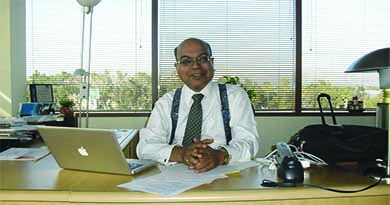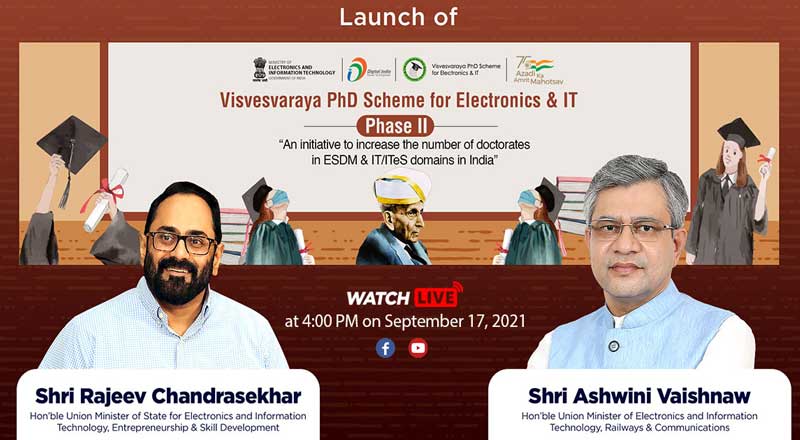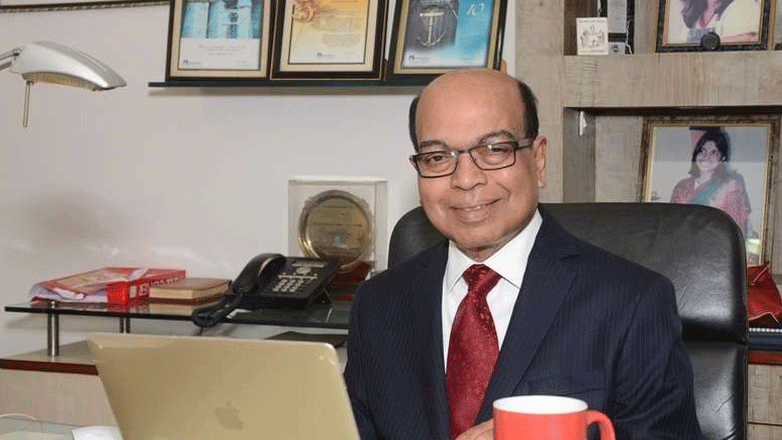Analysts say that there is a significant correlation between use of technology by masses and overall development of a country. In other words, countries that have more people using technologies and modern devices, may have an edge over nations which have failed to “massify” them. This may be just a hypothesis or conundrum, which has to be proved with clear cut empirical evidences.
Personally speaking, I am bit skeptical about that conclusion. It does not mean that I totally reject that finding. My only point of view is that it should be substantiated. I have a few counter arguments to put forward against this hypothesis. The foremost is the mobile phones. I must say that almost everyone in India in the age group of 19 and above have a mobile phone irrespective of the trade or occupation they are engaged in, and age profiles they belong to. Mobile phone is a technology, which one may argue as a disruptive one. Even then, can we claim that we are advanced in technology?
One can argue that India is ranked as the third technologically advanced country in the world after the US and China. But we have to be realistic in our assessment and not ecstatic about such titles to discern whether we are really entitled to join that league. That only will help us to move up in the ladder and create capacities for research, innovation and discoveries that are fundamental and tectonic and not the ones copied or adapted from others.
A comparative analysis of depth of our scientific positioning and a realistic assessment of where do we stand in the pecking order, may make things clearer. Let me start off with a caveat. I never consider any innovation or discovery as small or peripheral. I also strongly believe that scientific temper will not come from a vacuum; it has to be nurtured by creating an enabling eco system. Another conundrum is that Newton, Einstein, Edison etc are one off phenomena. They are trend setters and trailblazers of supreme devotion to research and discoveries. Not all generations will be gifted by such people. Yet, I sincerely feel that the present innovations and discoveries put together would add up to several notches ahead of what the previous generations would have achieved. I may be wrong in my hypothesis and yet have a point to make.
Sir Richard Branson’s company called Virgin Galactic is preparing for the space odyssey, there are equally famous competitors. Elon Musk of Tesla and Amazon boss Jeff Bezos also are readying themselves to provide commercial passenger flights to space. Elon Musk’s mission is to take the tourists to Mars, though to my best understanding, he did not set any time limit for the mission. But Sir Bronson has come a long way inching towards his goal despite long delays and an unfortunate fatal accident. He is still keeping his spirit high. He also claims that two crafts that he had sent reached the edge of the space for the first time. A test flight carried the first passenger – Beth Moses- formerly of NASA and now Virgin’s chief astronaut instructor, to outer space.
More than 600 people from 60 countries have already secured a slot among the tourists that the maverick billionaire would take to the space, whom he calls as the space tourists. The flights would give the passengers the rare experience weightlessness and will take them closer to the planet’s rim from space. He is having a huge waiting list of over 2500 people vying to get a slot in the list of passengers to the outer space and is presently glued to the business dimension of the space travel, which according to him, will be a money spinner.
Meanwhile, Musk has Mars in sight, with SpaceX planning its first cargo mission to the red planet in 2022, with a crewed mission to follow two years later.Musk’s rockets already supply the International Space Station, a destination some way beyond the altitude of Branson’s space flights. SpaceX is also planning a passenger flight around the moon in 2023. There is a speculation that many technology companies would be showing interests in space travel business if the pilot projects prove successful.
The next in importance is the huge investments being made by the US,EU and to a lesser extent by China in health related sector, particularly in the Genome. Billions of dollars are being invested by the developed world to take advantage of the trillions of dollar worth businesses to be generated and millions of jobs to be created. Now, people are asking whether genome study can help reverse chronic diseases like diabetes, high blood pressure, Alzheimer’s disease, Amnesia, schizophrenia and the list is endless. The interesting part of the genome research is the conditions laid for carrying out the research. It is a seamless research which will not have any geographical boundaries.
The other breakthroughs are in the disruptive technologies. Look at Apple, Google, Amazon, Facebook etc, major technology companies in the world. They are investing heavily in disruptive technologies and creating newer digital platforms that can transform many things that are presently in vogue,be it health, education, financial systems, legal affairs, entertainment and what have you. What is interesting is the rare type of bonhomie among the large corporations to do collaborative research. For instance, Google purchased Fitbit for US$2.1 billion to move into more important segment of consumer health. From fitness trackers and smart-watches, Google will graduate into more sophisticated health data. That may involve data mining, analytics and health solutions and a host of other things.





